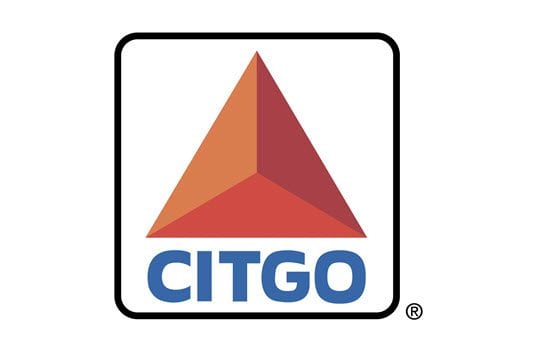By Keith Reid
CITGO, originally founded in 1910 as Cities Service, is a historic company dating back to the earliest days of motor fuels production and distribution in the United States. Over the years it grew into a fully integrated oil company and one that prided itself in more recent years, and before it became the norm, in fully supporting a vibrant and independent (vs. company owned) marketing and retail arm for the distribution of its products.
In the 1980s it became the target of T. Boone Pickens’ corporate raiding activities that set in motion a chain of events which eventually saw CITGO fully under the ownership of the Venezuelan national oil company Petróleos de Venezuela, S.A. (PDVSA) in 1990.
With the rise of Hugo Chávez, PDVSA basically became the funding engine that supported his socialist policies. However, there were limits to how much revenue could be squeezed out of the operations and as was widely reported at the time, in 2010 Chavez attempted to sell CITGO for $10 billion. When that failed, he made CITGO the focus of a bond initiative to get the needed cash.
Venezuela’s rapidly accelerating economic collapse brought CITGO’s assets to the forefront in August 2018, when a legal finding against the country saw the assets being proposed as part of a settlement for up to 50 creditors, foremost being Canada’s Crystallex International Corp. and the Russian Oil company Rosneft. FMN covered those developments HERE.
The saga took a further twist in February 2019, when US sanctions against Venezuela (now led by Chavez successor Nicolas Maduro) forced US-based CITGO to cut ties with PDVSA and essentially assume operations under the US-backed “transition government” led by Juan Guaido. That cut off PDVSA from CITGO revenue, transferring it to Guaido (part of the financial pressure being applied by the Trump administration), but it also generated numerous complications relative to PDVSA bondholders for whom CITGO would be a significant asset. CITGO is currently the eighth largest US refiner that supplies approximately 5% of American fuel through roughly 5000 Citgo branded (but not owned and operated) retail outlets.
On October 28 the ramifications of these events will be felt when a nearly $1 billion bond payment comes due for PDVSA. Citgo was listed as collateral on the bond sale. As Chuck Larson reports (very concisely and worth a full read HERE) in Real Clear Markets, this creates quite the mess for numerous impacted parties.
The fate of CITGO assets (as contractual a component of PDVSA assets) is now tied to a convoluted process that is as much, if not more, focused on power politics and the drive to see Maduro’s government removed from power as it is traditional financial processes. PDVSA/CITGO assets represent a source of financial leverage for Guaido. On the other side are the needs of bondholders that include major US pension funds in an election year. Again, Larson’s article along with similar coverage in Bloomberg provide the nuance in what is a complicated story, and one that will remain complicated for some time especially for CITGO marketers and retailers.
An eventual transfer of CITGO assets could play out in numerous ways, some likely positive in the long run for branded marketers and retailers and others far more disruptive. As I noted in previous coverage: “While there are scenarios where the CITGO brand disappears, it would not only be a shame but a waste or what are currently largely modern, well run sites that have built up significant brand equity.”
Recent FMN CITGO Coverage (in chronological order, newest to oldest):
CITGO Entities Report Positive Ratings Developments
CITGO Petroleum Corporation Selects Carlos E. Jorda as CEO
CITGO Holding Announces Proposed Refinancing Transactions
CITGO Petroleum Corporation Confirms Board and Names Officers
Some Specifics on CITGO Assets (Joe Petrowski)
CITGO Secures Long-Term Financing









